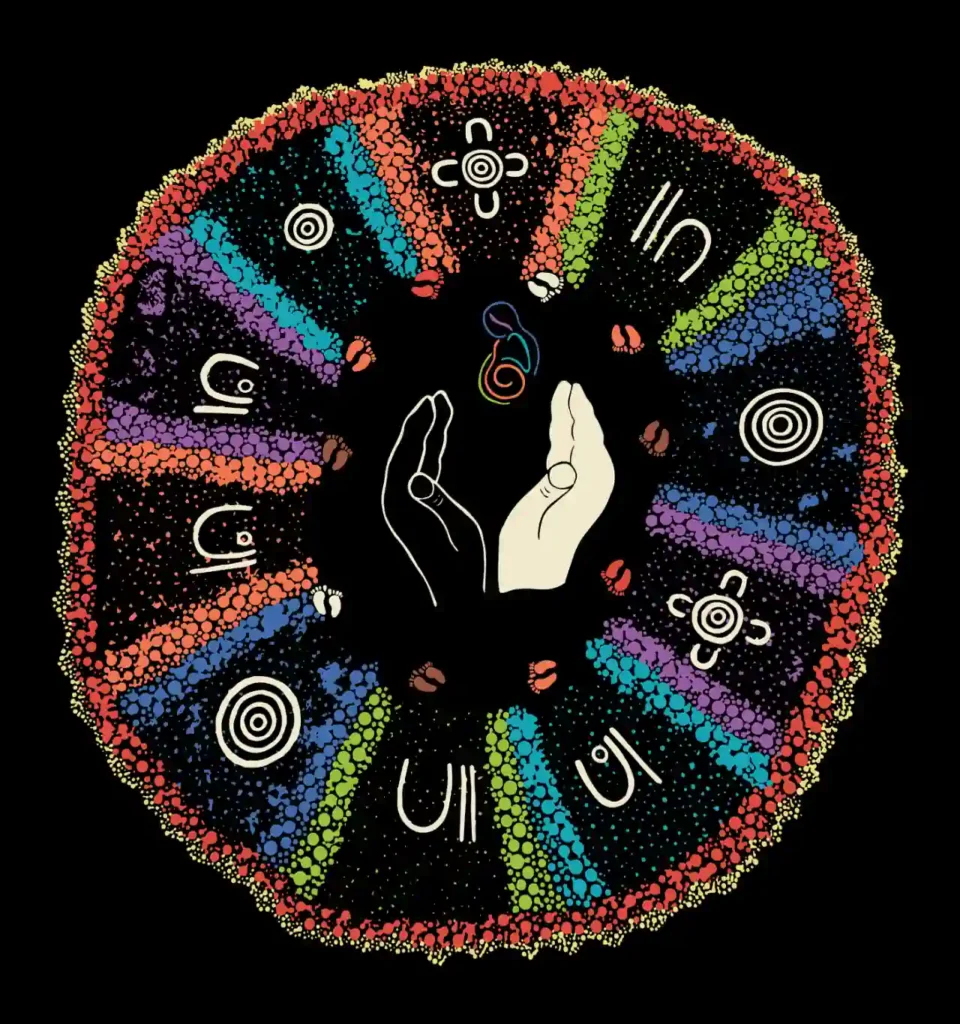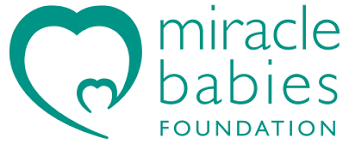
We acknowledge the Traditional Owners of this land and their ongoing custodianship. We pay our respects to their Ancestors and their descendants, who continue cultural and spiritual connections to Country. We acknowledge the diversity across Aboriginal and Torres Strait Islander cultures, language, and practices and that it is vital that all healthcare services respectfully manage protocol and provide a culturally positive healthcare experience for Aboriginal and Torres Strait Islander people when going through Sorry Business.
We acknowledge and recognise ngā iwi Māori as the Tangata Whenua of Aotearoa New Zealand. We acknowledge language, customary practices, and whānau inclusivity. Providing a culturally acceptable environment by acknowledging all these things by action and deed.
We know Indigenous people and migrant and refugee families have a higher risk of stillbirth in Australia and Aotearoa New Zealand. We also know that these population groups are resilient, caring, and proud. To reduce the risk of preventable stillbirth and to provide appropriate care to families/whānau when this devastating event does occur, it is imperative that all healthcare professionals are respectful and responsive to the cultural needs of these families/whānau. For healthcare professionals caring for families/whānau following the death of a baby, this provides an opportunity to strive for better outcomes and be reflective on their own practice. This in turn can mean families/whānau feel more satisfied with their care, building up trust and safety – a crucial element to all aspects of a family’s/whānau health and wellbeing.
While this is a high quality evidence-based guideline for maternal and newborn services and the families/whānau in their care, we can also look at it as a story of how to work together in hope, safety, togetherness, and trust. A commitment to culturally responsive care can help shape this.
When we know better, we do better.
Skye Stewart (Wergaia and Wamba Wamba research midwife)
On behalf of the Guideline Cultural Considerations Expert Working Group

Stillbirth Foundation Australia endorses the 2024 update of the Care Around Stillbirth and Neonatal Death Clinical Practice Guideline. The death of any baby is a tragedy and Stillbirth Foundation Australia acknowledges the lasting impact on parents and their families/whānau.
Healthcare professionals have a crucial role in providing care and support for bereaved families/whānau around the time of a baby’s death and before and during any future pregnancy. This guideline contains high-quality information and recommendations based on the best available scientific evidence that will reduce stillbirth and lessen its impact on families/whānau. We strongly encourage healthcare professionals to read the guideline and implement its recommendations into their clinical practice. In addition to previous editions, the current guideline has an increased focus on providing culturally responsive care and the role of organisations in enabling best practice care and supporting healthcare professional wellbeing. We welcome the addition of two new and important sections on perinatal palliative care and care in subsequent pregnancies following perinatal loss.
Stillbirth Foundation Australia is a proud partner of the Centre of Research Excellence in Stillbirth. We fund researchers to generate new knowledge about stillbirth causes and prevention and translation of research findings into practice. We also support the community and healthcare professionals through education to change behaviours that will help reduce the incidence of stillbirth and support bereaved families and extend the reach and impact of the stillbirth community by advocating on behalf of bereaved families. Stillbirth Foundation Australia provides an opportunity for parents to share their stories about their beloved babies who were stillborn.
Stillbirth Foundation Australia, in partnership with the Centre of Research Excellence in Stillbirth, developed the Guiding Conversations booklet that is included in this guideline. We hope that healthcare professionals will use this parent version of the guideline to support parents and families/whānau during this devastating time.
Our thoughts are with all families/whānau who are missing their beloved babies – they are forever loved and in our hearts. We also acknowledge and thank all healthcare professionals who care for and support bereaved families/whānau during and after stillbirth
A/Prof Sean Seeho
Chair, Stillbirth Foundation Australia

The Pink Elephants Support Network is Australia’s leading early pregnancy loss support charity, providing up-to-date resources such as information for bereaved parents, their families and friends, and their workplaces, and a range of peer support options for anyone impacted by the emotional, physical, and mental health effects of early pregnancy loss.
Early pregnancy loss, or miscarriage, is often fraught with unknowns, silence, shame and stigma. Pink Elephants welcomes this guideline, which we believe will improve care for all women and families following pregnancy loss, regardless of gestation. As an organisation that provides early intervention support to bereaved parents who lose a baby during the first 20 weeks of pregnancy, we know how important it is that all losses are met with the same validation, empathy, and referral for support. We welcome the plans to extend this guideline to address the specific needs of women and families who experience early pregnancy loss.
Sam Payne
CEO, Pink Elephants Support Network

The death of a baby is a devastating experience for parents, their families and support people. Healthcare professionals play such an important role in caring and supporting bereaved families in the immediate days, weeks and months following the death of a baby.
Red Nose is a proud partner of the Centre of Research Excellence in Stillbirth. We welcome this edition of the Care Around Stillbirth and Neonatal Death Clinical Practice Guideline and its expanded focus on culturally responsive care, perinatal palliative care, and care in subsequent pregnancies.
We will continue to support implementation across Australia to ensure all families receive high quality support throughout the continuum of care.
Red Nose have supported grieving families in Australia for more than 40 years. We have worked together with healthcare professionals and hospitals to provide bereavement resources and supports across the grief journey including providing 24/7 bereavement support, professional counselling, the Hospital to Home program, a full range of peer support programs and our Treasured Babies Program. All programs aim to support families as they navigate the complex loss experience following the death of a baby, including in subsequent pregnancies.
We extend our warmest condolences to all families who are missing their little ones. We also acknowledge and support all healthcare professionals who care for bereaved families during this devastating time.
Keren Ludski
Red Nose

Having a premature or critically ill baby that requires specialised medical care in a neonatal unit can be a traumatic and emotional experience. Heartbreakingly, sometimes babies will pass away despite the highest level of intensive care. For these bereaved families, the journey is life long and can be life changing. It is extremely beneficial for bereaved parents to connect with other parents with a shared experience of their baby passing away in the neonatal unit. This can help reduce the isolation and loneliness while building supportive communities and connections.
Miracle Babies Foundation is Australia’s leading not for profit supporting premature and sick babies and their families, including bereaved families. For almost twenty years, Miracle Babies has developed and delivered peer support services and resources through all parts of the neonatal journey, the transition to home and beyond.
Making memories and being involved in their baby’s clinical and palliative care is very important for parents. We thank all healthcare professionals caring for these miracle babies and their families at this time. Our sincere thoughts are with each family at the passing of their baby and through the years ahead.
Kylie Pussell
Miracle Babies Foundation

Level 3, Aubigny Place
Mater Research Institute
Raymond Terrace,
South Brisbane QLD 4101
The University of Queensland Faculty of Medicine